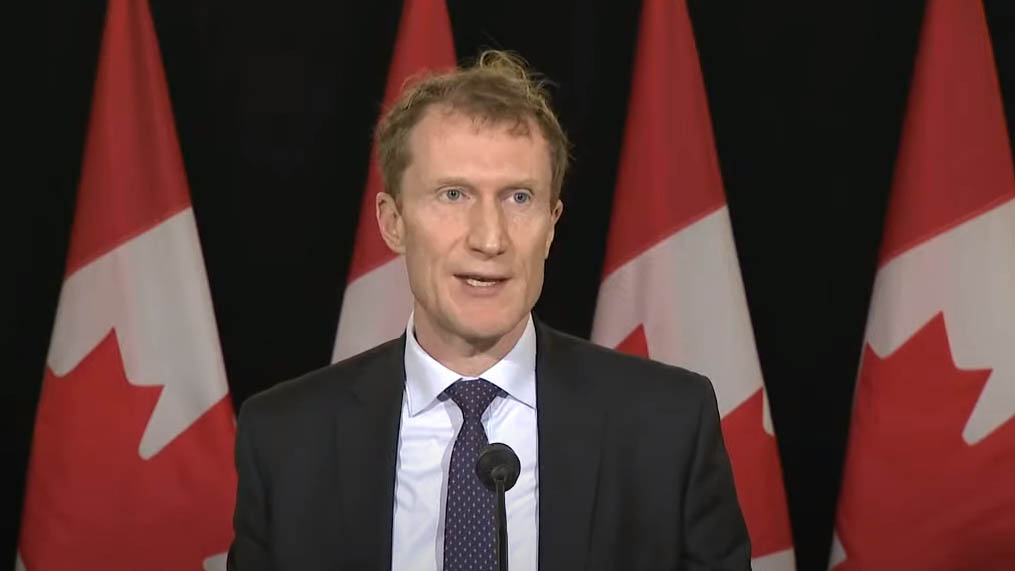Canada announces cap on international study permits
 CREDIT: CPAC VIA YOUTUBE
CREDIT: CPAC VIA YOUTUBEA cap of 364,000 approved study permits will be introduced, representing a 35 per cent reduction from 2023.
On Jan. 22, Immigration Minister Marc Miller announced that the federal government will introduce a temporary, two-year cap on new international student permits. A cap of 364,000 approved study permits will be introduced, representing a 35 per cent reduction from 2023. The cap will be allocated by province based on population, meaning some provinces may see more significant decreases than others. The provinces and territories will work together to determine how the cap is distributed among the designated learning institutions under their jurisdiction.
“I’ve had productive conversations, particularly with British Columbia and Ontario already, and we all recognize that more needs to be done to protect the integrity of our system while supporting international students,” Miller said.
The cap will not apply to students in graduate levels of studies, including master’s and doctoral students.
“Those are the people we’re looking for,” Miller said.
Study permit applications at the elementary and secondary school levels will also be exempt.
Miller has suggested in recent months that the influx of international students in Canada is contributing to the country’s housing shortage. More than 800,000 international students were issued temporary study visas in 2022, and Miller said last fall the numbers were tracking to hit 900,000 in 2023.
Miller also announced two additional measures in an effort to ensure what he called, “quality education for future students” coming to Canada.
Starting Sept. 1, Miller said that the government still stop issuing postgraduate work permits international students who graduate from “public-private institution models.” Additionally, in the coming weeks, Miller said the government will be announcing that open work permits will only be available to spouses of international students enrolled in master’s and doctoral programs, as well as professional programs such as medicine and law.
“Spouses of international students enrolled in other levels of study, including undergraduate and college programs, will no longer be eligible,” Miller said.
It’s important to note that the cap will not apply to applicants within Canada who are looking to extend their studies, as, according to Miller, “it wouldn’t be fair to prevent someone from finishing the program.” Furthermore, the cap will not affect study permit holders currently in Canada.
These temporary measures will be in place for two years, and the number of new study permit applications accepted in 2025 will be reassessed at the end of this year. Before ending the press conference, Miller emphasized that these measures are not meant to hurt international students.
“It would be a disservice to welcome international students in Canada, knowing not all of them are getting the resources they need to succeed in Canada and having them return home disillusioned and disappointed,” he said.














